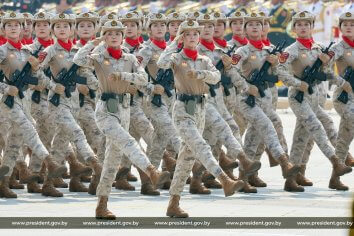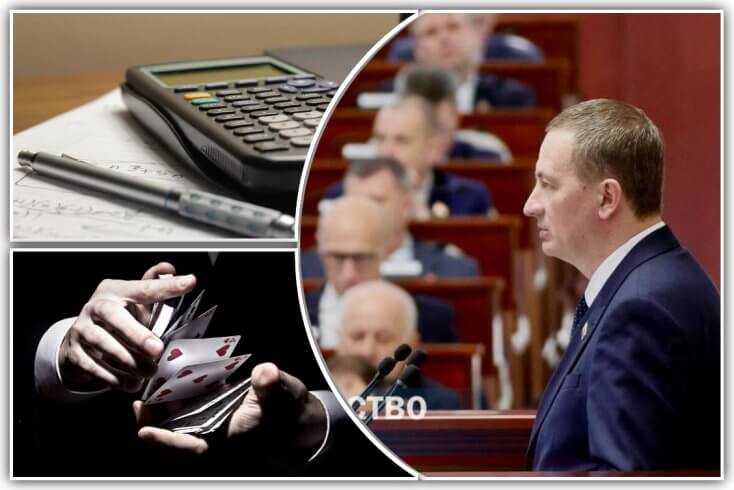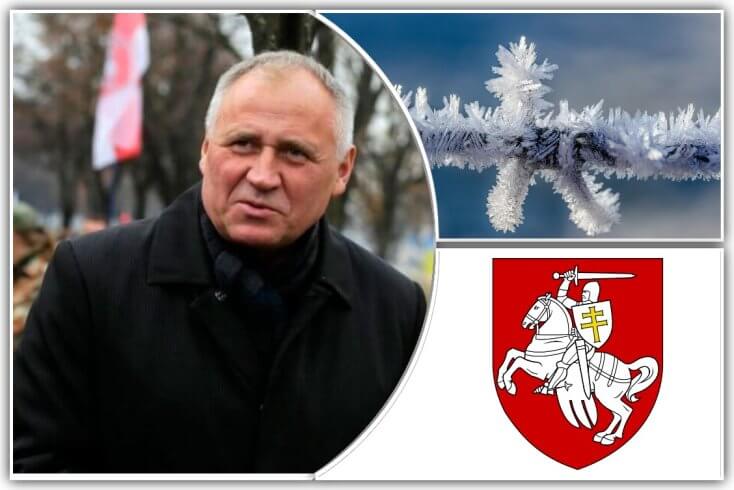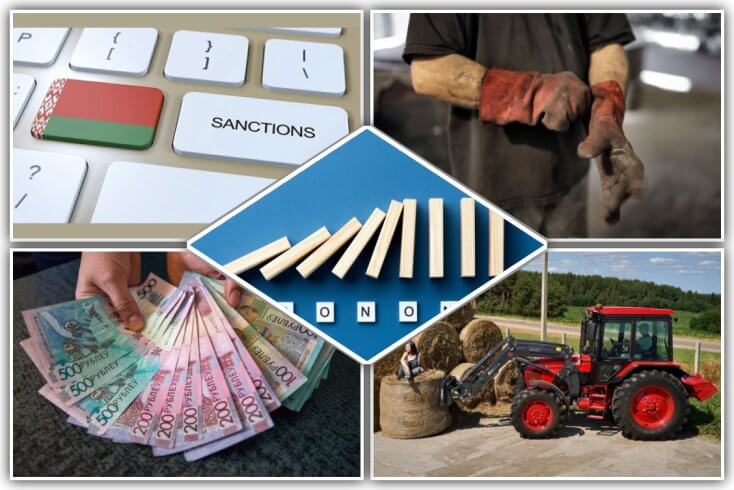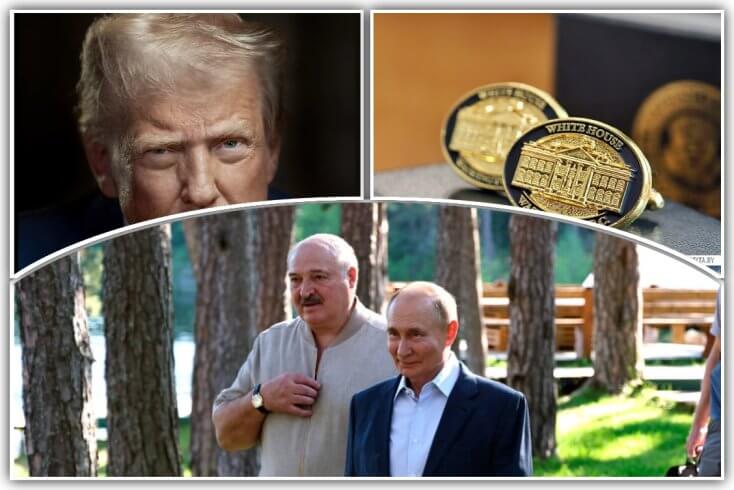The Trump administration’s approach to the regime of Alaksandar Łukašenka diverges fundamentally from that of its European partners. Washington views engagement with Minsk as part of a broader geopolitical game involving Russia and China. Brussels, by contrast, regards the Russia-dependent authoritarian regime in Minsk as a direct threat to European security.
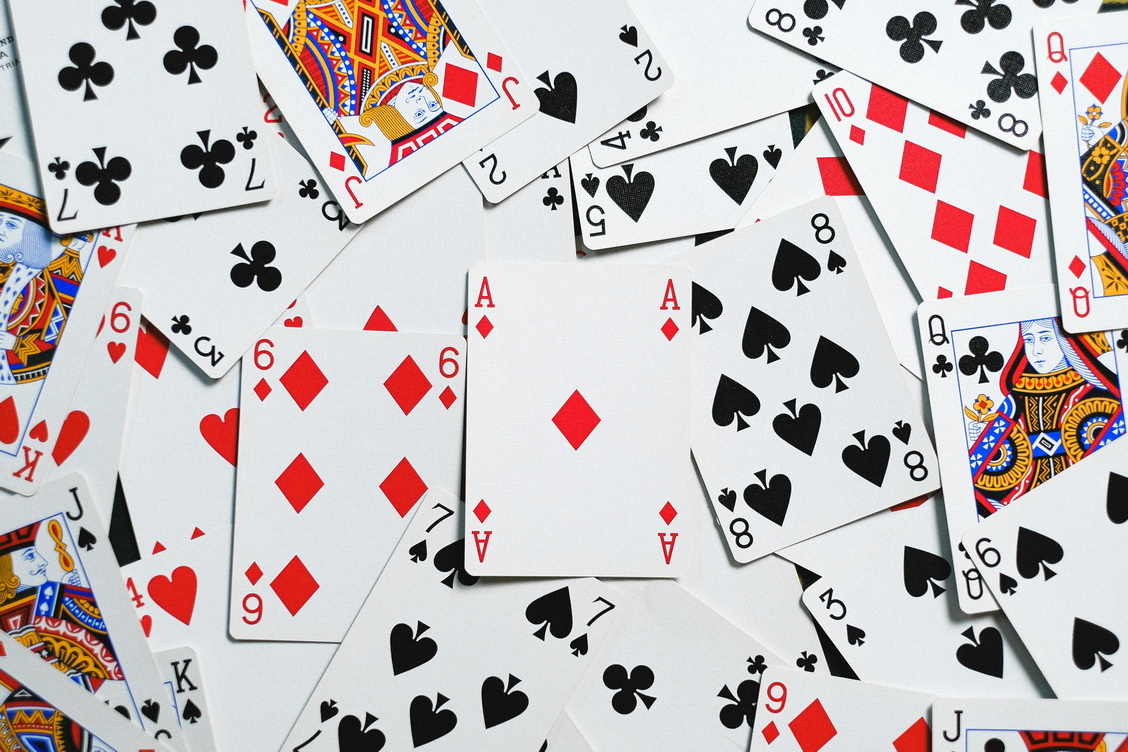
On September 5, Donald Trump unexpectedly raised the issue of political prisoners in Belarus. The US president said that Belarus was holding between 1,400 and 1,500 “hostages,” many of them for political reasons. “And it looks like they are gonna be released at some point in the near future,” he said.
Earlier that month, Lithuanian MP Emanuelis Zingeris and French MP Frédéric Petit expressed concern that Washington was acting unilaterally to secure the release of Belarusian prisoners without consulting European partners. Their worry is justified: coordination between Washington and Brussels—something European lawmakers have been hoping for—could make such efforts far more effective. Yet neither Washington nor Minsk appears interested in EU engagement.
Democratization not a US priority
On September 6, when answering journalists’ questions, Trump suggested that Washington’s anti-drug campaign was not aimed at regime change in Venezuela, despite worsening relations between Caracas and Washington in recent months.
In August, the US doubled its reward for information leading to the arrest of Venezuelan President Nicolás Maduro to $50 million, accusing him of being “one of the largest narco-traffickers in the world.”
On September 6, Trump also described Maduro’s July 2024 re-election as “very strange.”
Although Venezuela’s vote was neither free nor democratic, it still compared favorably with Belarus’ January 2025 presidential poll—widely seen as a blatant farce. Yet US officials avoid making public statements about Belarusian elections for a reason.
Unlike Maduro, Łukašenka belongs to the category of so-called “convenient autocrats”—leaders such as Kim Jong Un or Vladimir Putin with whom Washington prefers not to pick fights. At times, the US even flatters them. Łukašenka’s occasional praise of Trump has earned him certain advantages.
Nevertheless, US officials tend to view the Belarusian ruler less as an independent leader and more as a figure within Putin’s inner circle—and a partner of China. Whenever Łukašenka signals interest in dialogue with Washington, especially as a potential mediator between the US and the Kremlin, the Americans are quick to seize the opportunity.
Belarus’ involvement in Russia’s war against Ukraine, its close military ties with Moscow, and its special relationship with Beijing only add to its strategic relevance for Washington.
Recent US–Belarusian contacts have been pragmatic. Both sides have demonstrated mutual interest and a willingness to move closer. The release of several detainees—including American citizens—was intended to build trust. Still, no real breakthrough has occurred, as progress in US–Belarusian relations remains tied to progress of Washington’s talks with Moscow.
Trump’s focus on securing the release of Belarusian political prisoners has little to do with concern for democracy. Rather, he seeks to claim a success in Eastern Europe—and, reportedly, to bolster his chances of being considered for a Nobel Peace Prize.
Europe maintains a hard line on Belarus
During his recent visit to China, Łukašenka met with Slovak Prime Minister Robert Fico—the only EU leader to attend the grand military parade marking 80 years since China’s victory over Japan in World War II. According to reports, Fico even asked Łukašenka to set a date for a visit to Minsk.
Slovakia and Hungary are the only EU states with which Minsk maintains relatively good relations. Both regularly clash with Brussels over Russia. In their dealings with Belarus, Budapest relies on joint economic projects, while Bratislava emphasizes political dialogue. Neither raises the issue of human rights.
The migration crisis orchestrated by Minsk as part of its hybrid warfare against the EU does not directly affect Slovakia or Hungary. Still, neither Fico nor Hungarian Prime Minister Viktor Orbán acts as Łukašenka’s advocate in Europe. They have never strongly opposed EU sanctions against Belarus—unlike their resistance to sanctions on Russia.
Minsk, for its part, hopes that more influential EU states will eventually adopt the pragmatic stance of Budapest and Bratislava. But Brussels, Paris and Berlin remain firm. The sharpest criticism comes from Belarus’ immediate neighbors—Poland and the Baltic states—who refuse to recognize Łukašenka as president and see him merely as an executor of the Kremlin’s will.
Łukašenka’s loyalty to Moscow and support for its war against Ukraine, combined with his hybrid tactics—including weaponizing migration and arresting foreign nationals—continue to inflame tensions with Europe. The recent detention of Polish monk Grzegorz Gaweł on espionage charges is a case in point.
Some observers praise Trump for his pragmatism while criticizing the EU for idealism and rigidity. Yet despite periodic declarations in Brussels about the inevitability of Belarus’ democratic future, European leaders remain realistic. They do not expect Łukašenka to ease repression or distance himself from Moscow. Belarus is widely seen as both a potential threat and an instrument of Kremlin policy.
Even if the war in Ukraine ends, no significant shift in Minsk’s stance is anticipated. Accordingly, no major change in Europe’s approach to Belarus is likely in the near future. Still, if Trump secures the release of Belarusian political prisoners, it could prove to be a game changer.
